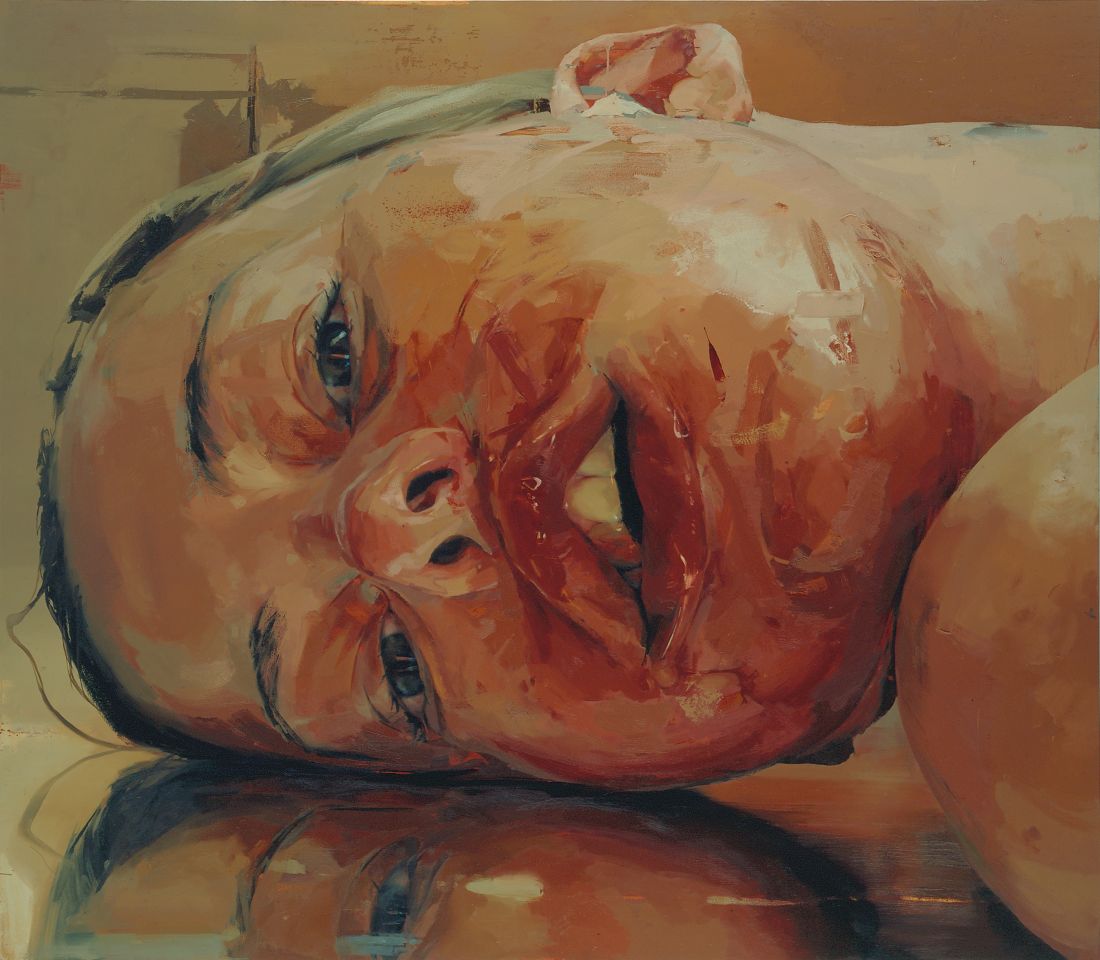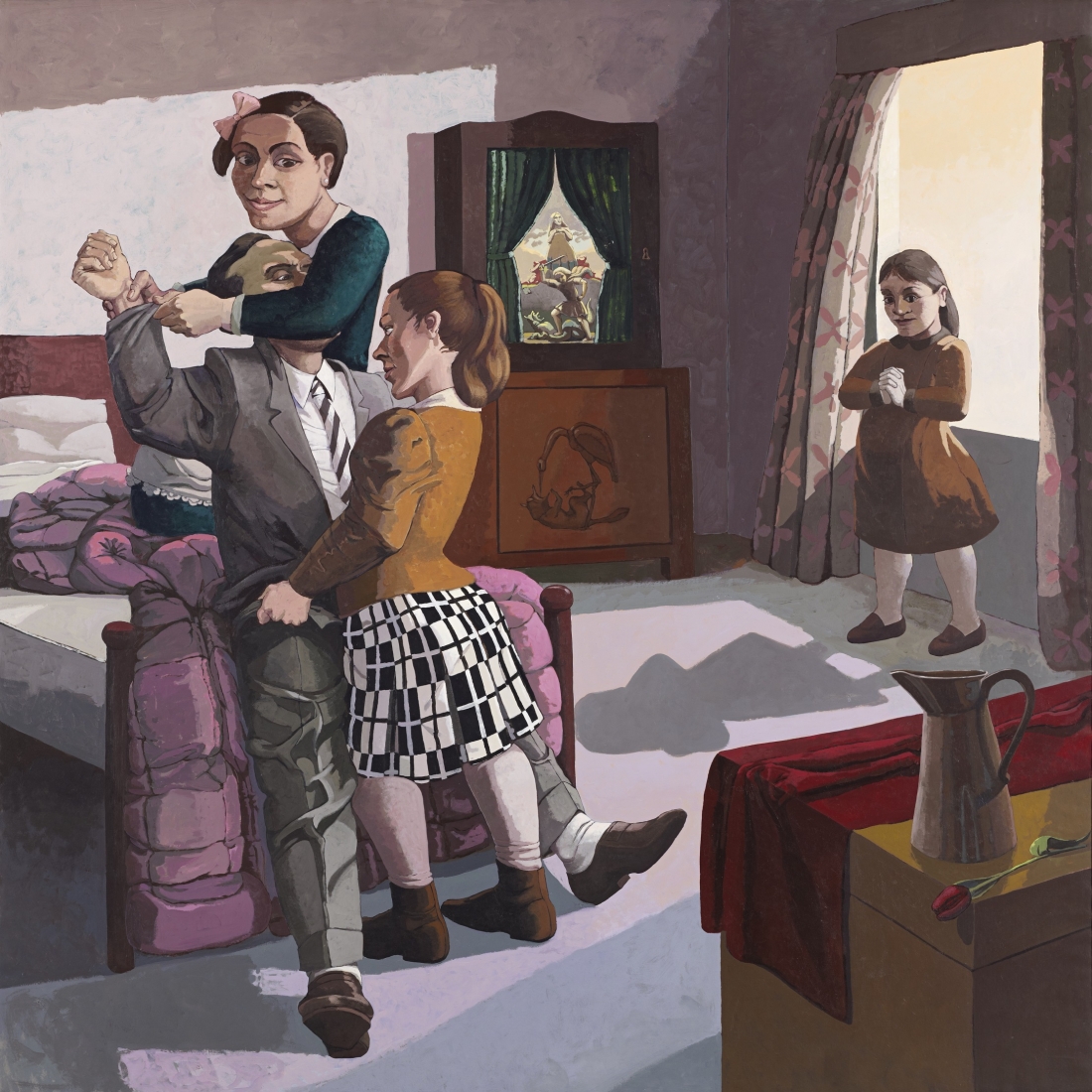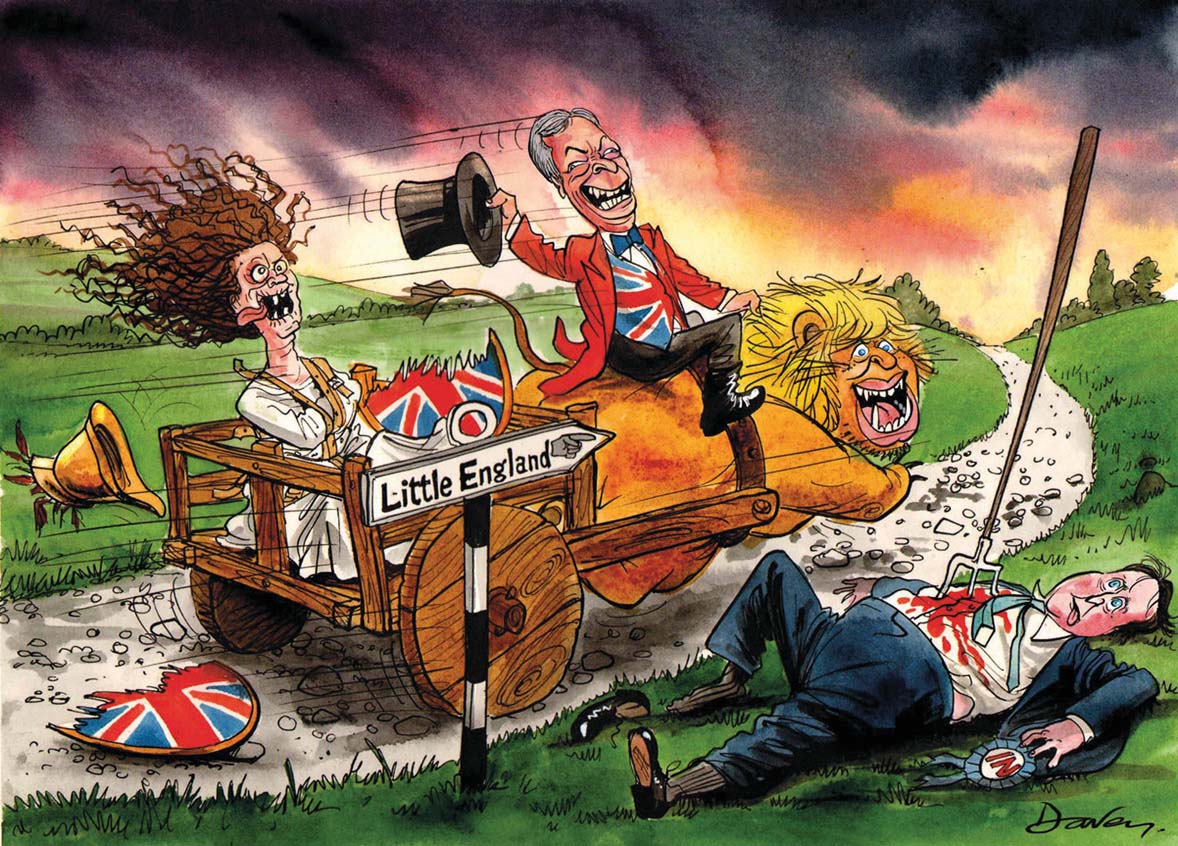 |
| Jenny Saville; Reverse 2002-3 |
The show is a survey, if necessarily incomplete, of what the catalogue deems to be 'painterly' approaches to the human figure by artists in Britain from Walter Sickert through to Jenny Savill, Celia Paul, Cecily Brown and LynetteYiadom-Boakye (which last room, apart from the marvellous Paula Rego then covers the lack of women and diversity, apart from F N Souza, elsewhere), the exhibition dips its feet into Sickert and Stanley Spencer, Chaim Soutine (is he an artist in Britain?) and, slightly oddly R B Kitaj, whose presence I welcome partly because he tends to get a bad press now for reasons I'd like to explore in the light of this show and partly because I was a fan of his work as a young working artist myself.
Putting aside Bacon for now, the major figures to emerge are Freud and Rego, with Bomberg, Auerbach, Kossof and Michael Andrews in the rank immediately behind, though Jenny Saville's enormous single work, Reverse, is major enough to guarantee a prominent place for her among the others in the exhibition. I have never been able to develop a serious liking for either Ewan Uglow or William Coldstream whose concentration on recording simply doesn't engage or move me.
The pre-eminence of Freud and Rego is based upon their mastery in drawing with paint, and their unerring sense of the potential of the human figure. The human figures, in their work, are subtle but profound articulations of our condition. In Freud it is as if flesh and paint were the same thing. He seems actually to be making the flesh before our eyes. In that respect the artists he shares most with are the later Rembrandt, Rouault and Soutine, who must be in the exhibition only because his treatment of flesh and paint bears some relation to Freud and Auerbach's use of the medium. The condition in Freud is essentially a raw animality that is emphasised by the inclusion of dogs. 'We are such stuff as dogs are made of' is the underlying perception. We are vulnerable animals with basic appetites: we are made of the same paint. It is a deeply haunting perception.
Rego's figures are products of will and muscle. They are seldom if ever relaxed because should they ever relax they would immediately become victims. The price of life is constant tension. This, like Freud's, is a version of people in animal terms but their engagement in life is not purely through the body but through psychological perceptions. The paint in Rego is not quite like Freud's in becoming total nakedness: it is essentially descriptive but the description itself has a fearsome physicality. Rego's great predecessor in terms of drawing is Goya, her figures short, feet firmly planted, heavy-bottomed, fully earthbound, pressing against the ground. There are also hints of Beckmann and Balthus in terms of draughtsmanship and the handling of paint, but she stands clear of them.
The big difference - and this is why I am writing the blog - lies in the use of narrative. Rego's works are, and have from the start, been based on narrative. The pictures tell stories, not overtly, not in clearly traceable referential terms, but with personal fields of reference, in personal retellings of preceding, iconic stories. Freud's do not present narratives. The studio is the narrative. People enter, remove their clothes and slob out without ever quite relaxing. That is the story. They slob out in their different ways, imposing different presences on us, but they do not invite a more detailed speculation. They are existential figures inhabiting an existential space.
The twentieth century critical preference has been towards the non-narrative, the kind of painting that does not refer to events outside the painting or, if they do so, do it in obscure, metaphorical terms. The public has tended to feel different. They are not purists and like a story, so Grayson Perry suits them to the ground. So, for similar reasons, does Rego. The sneer at art schools in a certain period was that some particular painting was not art but illustration. It was like programme music as against symphonic form.
In an age of deconstruction and theoretical reading the narrative has made something of a come-back, at least in political terms, and there is less elevation of what seem to be abstract values. The new narrative reading is not based on the popular idea of narrative-as-anecdote (it will never want to be popular in that way) but it still wants to use image as text.
I am putting Francis Bacon aside as he is his own constant interpreter. After the war, in the immediate shadow of the bomb, the sense of mere physical existence - man as a poor bare forked animal - had come to the fore. Flesh was disturbing in its vulnerability and its own tendency to horror. Bacon focused on the horror and the physical, fleshly, caged beauty of that horror.
Bomberg, Auerbach and Kossof use paint like soil and press it this way and that so you feel they are trying to emerge out of a morass by sheer force, constructing the world as blunt, deep, flawed matter. Narrative-as-story or anecdote is of no interest to them. It is the physical world that has to be remade after so much violent unmaking. Michael Andrews grows more on me at every viewing. There is a sadness and glow to his best work that I find appealing.
Celia Paul should be much better known. She emerges out of Kathe Kollwitz and Gwen John in my mind. She is on the Freud side of the equation not the Rego or Kitaj.
Kitaj has suffered the worst of both the anti- and pro-narrative critics, chiefly because his narratives are relatively clear, high-serious, and literary and that combination associates him with a would-be-significant sort of 'illustration'. Some of that may be true but I don't care. What he is looking to articulate seems to me important and the ways he does it are intriguing. Besides, after roomfuls of narrow palettes based on earth and flesh he is a wonderful blast of colour.
Interesting to note, in the light of our struggles with nationalism, how many of these artists were either not born in Britain or came from immigrant families.





